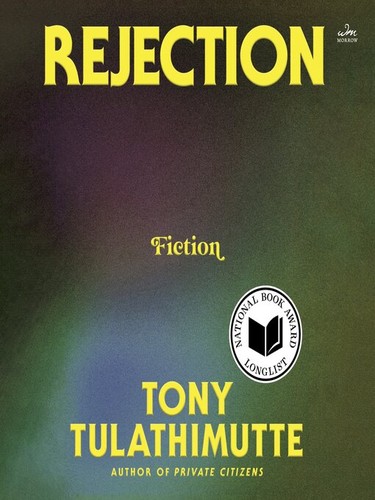- Rating
- Category
- literature
- Read
- 2025-02-22
- Pages
- 272
An obscence, disgusting, squirming book that I cannot in good conscience recommend to anyone but was nevertheless brilliant.
On shame:
Here finally Kant perceives the true rift between them: Julian doesn’t know the difference between embarrassment and shame. How shame soaks, stains, leaves a skidmark on everything and, when it has nothing to stick to, spreads until it does. Embarrassment is contained by incidents, gets funny and small over time; shame runs gangrene through the entire past, makes the future impossible. You can’t own it or laugh it off, only try to bail it out in sloshing bucketfuls, drenching yourself in the process. Embarrassment is an event, shame a condition, one that Julian has somehow either mastered or never experienced, which explains why he’s so easygoing, and why, to him, the world is so tractable, why all seems fixable with talk.
Pitch-perfect description of modern day Twitter:
Which is why I loved Twitter: an open, rhizomatic forum where you could aggravate existing mental illnesses, shop for new ones, violate your Miranda rights, and get fired. A place to be judged on the character of your content, driven by rubbernecking and spite, where fame is a millstone and names are bad op-sec. Twitter was the right word for it, birdsong being a Darwinian squall mistaken for idle chatter, screaming for territory and mates. An improv class, press conference, intervention, Klan rally, comics convention, and struggle session all booked in the same conference room. A crowded elevator where anyone who smelled a fart also had to fart. Each post was an arrow fired blind into the sky, and if it hit something, ten thousand arrows shrieked back down and called you a cunt.
And on similar public-square themes:
All these downstream consequences of the great gulf between what humans and computers consider a large number.
